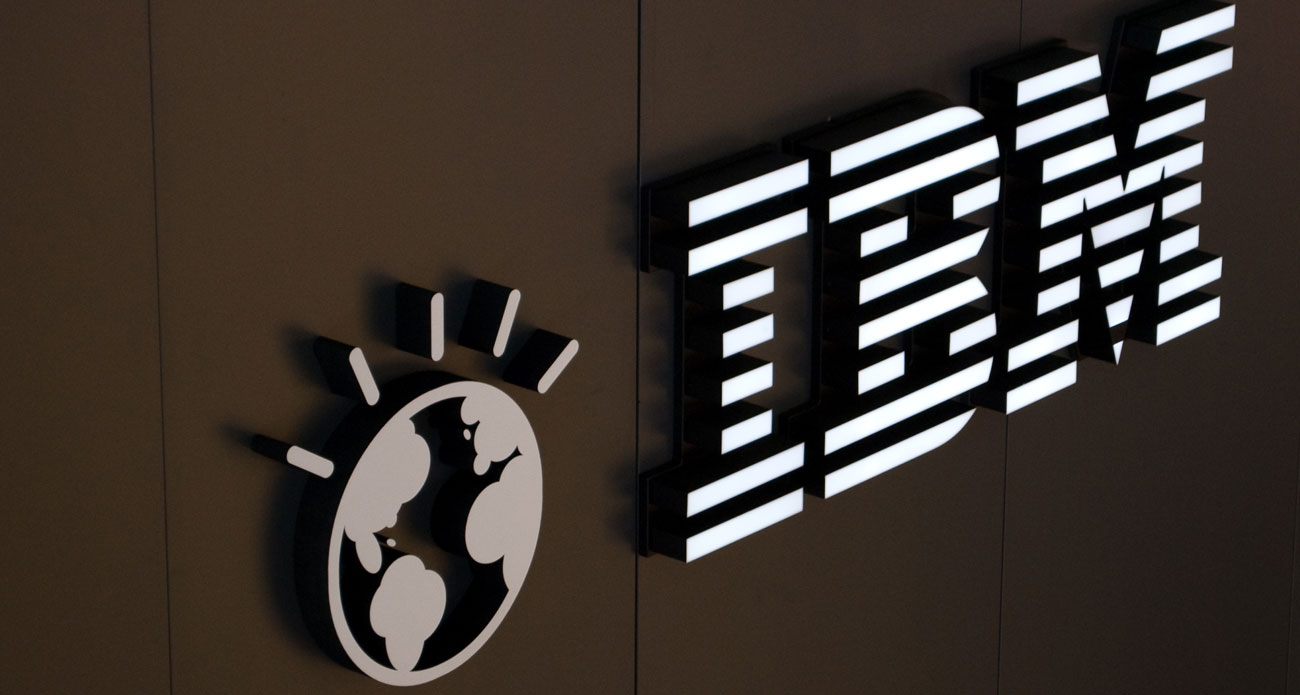Contxto – After having piqued the interest of various health-conscious investors, Eolo Pharma—a clinical research startup from both Uruguay and Argentina—received an investment of US$2.7 million.
The Series A round was led by VC (venture capital) funds, CITES and Ficus Capital, adding financial weight to the academic and institutional heft the company already had behind it. The healthtech includes global and regional names within its roster, from the local branch of the Pasteur Institute to the University of the Republic of Uruguay.
Big names aside though, the cash injection will certainly go to some important research. Eolo is currently focusing on the development of new anti-obesity drugs. So this investment means that a few million dollars will be going specifically into scientific work at the preclinical and toxicological phase of this epidemic.
The quest for obesity drugs
Don’t be fooled by the sudden windfall. As the Chief Executive of Uruguay’s Pasteur Institute, Carlos Batthyány, noted, this research has been ongoing for the past decade.
The money followed, albeit slowly. The startup raised seed capital all the way back in 2017. Back then, the fundraising was also led by CITES, along with Grupo Sancor Seguros’ accelerator branch, as well as Argentina’s Scientific Accelerator’s program.
The results are now coming in thick and fast, however.
The company managed to prevent weight gain in mice through the use of a drug called Eolo 3. Mind you, the mice had been consuming what the scientists euphemistically referred to as a “Westernized diet.” We can only assume they were being given Big Macs and Oreos—or not, we’ll get back to you if we ever find out what these critters were actually fed.
Now, the newfound Series A money will go on to help take the drug trials to the next level—human testing.
A region sick of waiting for local pharmacology
Eolo is at the vanguard in the development of multiple drugs that help prevent weight gain, diabetes, fatty liver, and low-grade chronic inflammation.
Indeed, the startup’s CEO, Pía Garat, noted that Latin America has traditionally lagged in the development of native pharmaceuticals.
“Despite having a critical mass of research in pharmacology, there have been no significant developments of new drugs in the last 50 years,” she said in a recent press release.
This lag exists despite how problematic the obesity epidemic is in the region. The Pasteur Institute’s Batthyány noted that in the company’s native Uruguay “childhood obesity was the worst in Latin America, incredibly with nine percent of children under 10 being overweight or obese.” Unfortunately, the rest of the region does not score too well in comparison either.
Therefore, this research is even more crucial than it first seems, since the region is prone to its own tendencies and illnesses as compared to the rest of the world. Local research into local problems is vital.
With obesity rates increasing all across the globe, and particularly in Latin America, there’s a fat chance that this sort of research won’t be making more important discoveries—and receiving more important investments—in the near future.
-AG






